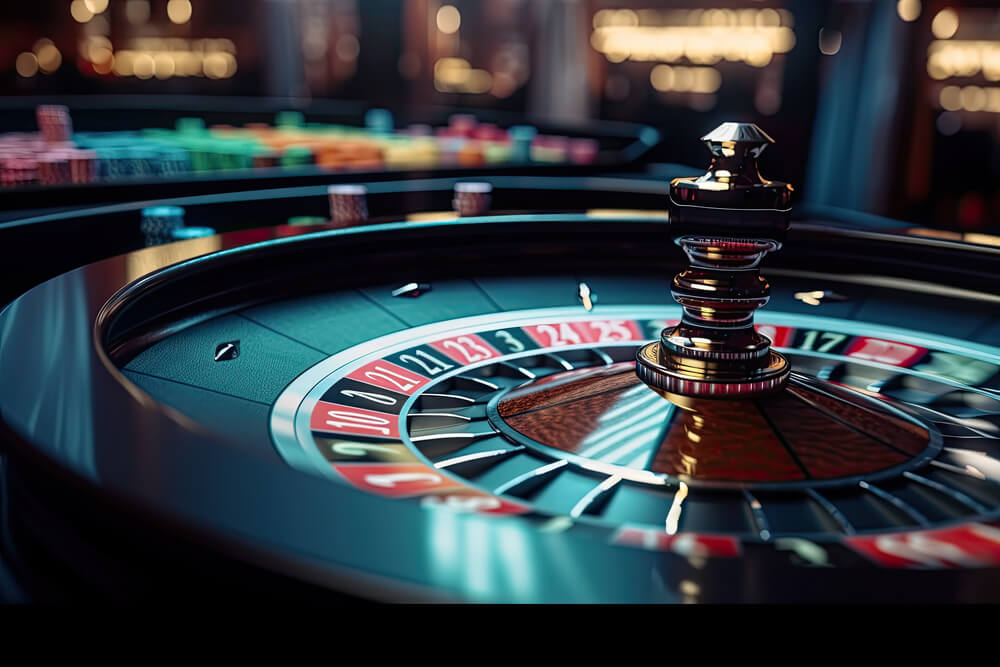
Casino games have long captured the imagination of people around the planet, becoming an essential part of both entertainment and culture. From the sparkling lights of the Vegas Strip to the captivating experience of virtual casinos, these activities evoke enthusiasm, risk, and sometimes even a sense of sentimentality. They are beyond simply hobbies; they have woven themselves into the fabric of society, influencing various aspects from cinema and songs to fashion and books.
The appeal of casino games goes beyond the wagering aspect, tapping into broader themes of fortune, chance, and social interaction. As players gather around a gaming table or rotate the roulette wheel, they engage in an timeless ritual that resonates with our collective desire for excitement and unpredictability. This fascination has led to the rise of numerous references in cinema, songs, and video games, showcasing how strongly entrenched these pastimes are in mainstream culture. Whether it is the intense drama of a traditional heist movie or the vibrant nightlife portrayed in music videos, casino games have carved out a substantial niche that reflects our bond with reward.
Historical Significance of Gambling Activities
Casino games have played a crucial role in cultural contexts throughout the ages. Stemming from ancient societies, games of chance were often linked to ceremonies or gatherings. For instance, early iterations of gambling can be traced back to historic Chinese and the Roman Empire, where dice games and betting on outcomes were popular pastimes. These games not only served as entertainment but also as methods of social interaction, facilitating relationships among people within societies.
As societies evolved, so did the complexity and structure of gambling games. The establishment of formal casinos in the 17th century, particularly in Italy, marked a major shift in how games were perceived and structured. With specific spaces for gambling, the casino became a social hub where people from different backgrounds gathered. This change contributed to the validation of gambling, transforming it from a mere pastime into an organized industry that influenced the economy and policy.
The impact of gambling activities on popular culture cannot be understated. As they were popularized in literature and film, games such as Texas Hold’em and blackjack became icons of chance, chance, and tactics. Famous figures and stories have emerged around these activities, reflecting societal views towards luck, wealth, and vice. This fascination with casino activities has infiltrated various forms of entertainment, cementing their place in the collective consciousness and connecting them to wider cultural narratives throughout history.
Representation of Gambling Activities in Media
Casino activities have long been a popular topic in various forms of media, reflecting both the fascination and intricacies of the world of gambling. Movies such as Ocean’s 11 and Casino Royale portray characters who navigate high-stakes environments, showcasing not only the appeal of the gambling environment but also the tactics and choices that come with playing popular games like Texas Hold’em and 21. These movies often dramatize the exhilaration of winning and the potential repercussions of losing, encapsulating the perils involved in betting.
Television shows have also explored the universe of gambling activities, often integrating them into the narrative as a backdrop for story progression and tension. Shows like Las Vegas depict the experiences of gambling employees and patrons, highlighting the vibrant, often disorderly energy of the gaming floor. Reality shows featuring intense betting contests further emphasize the attraction of casino games, drawing viewers into the excitement and strategy involved in each session. Through these depictions, media not only engages but also sparks conversations about fortune, expertise, and the nature of chance. https://78win.id/
Gaming have increasingly incorporated gambling activities into their structure, allowing players to experience the experience of betting without financial exposure. Titles within the domain of online gaming often include virtual slots, online poker, and other casino favorites, creating an interactive experience that mirrors actual casino experiences. 78WIN These virtual portrayals make gambling activities accessible to a broad demographic, appealing to both gamblers and those who enjoy the excitement of simulation. As a outcome, the portrayal of gambling activities in entertainment continues to shape public perception and cultural significance, highlighting their function in society and culture.
Impact of Casino Games on Society
Gambling activities have a significant impact on communities, influencing multiple facets of societal norms and interpersonal behavior. They often function as a venue for community engagement, where people gather to enjoy a shared activity. Casino trips with friends or visits to casinos become group events that build connections and create shared moments. This collective aspect boosts the entertainment value of casino games, making them a favored choice for festivities and leisure activities.
Additionally, gambling activities have been depicted in numerous films, TV series, and literature, shaping perceptions and attitudes towards gaming and gaming. Icons like James Bond playing baccarat or the high-stakes poker scenes in films have cemented these games in the collective imagination. This depiction often idealizes the lifestyle associated with casino activities, drawing in new players and influencing trends in both style and behavior. These portrayals can spark curiosity and lead to a more profound investigation of the nuances of gaming.
However, there are also negative implications linked to the popularity of gambling activities. The allure of quick monetary gain can lead to problem gambling and financial troubles for some people. The community must grapple with these issues, promoting responsible gaming and education of the dangers involved. Balancing the fun aspect of gambling activities with the risks is crucial to ensure that they remain a beneficial aspect of our cultural landscape.